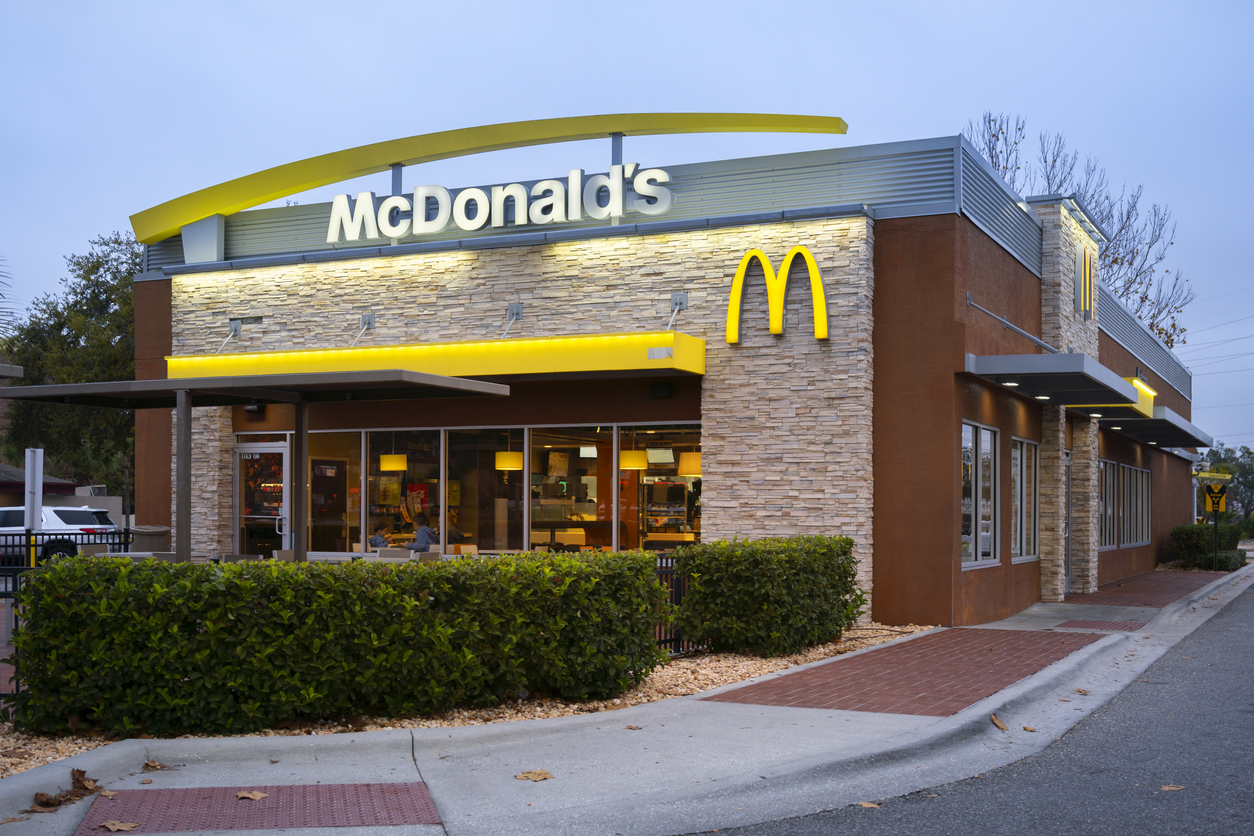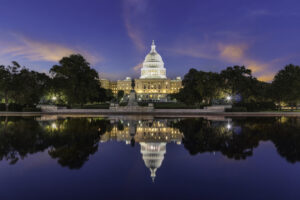The Scoop: How McDonald’s learned to ignore the haters
Plus: RTO mandates have steep employer branding costs; meme stocks are back.

Twenty years ago, “Supersize Me” threw McDonald’s into disarray. The documentary, which saw Morgan Spurlock eat only McDonald’s for 30 days, led to what the New York Times called “the high-water mark in a tide of sentiment against fast food.” Everywhere you turned was criticism of the health content of McDonald’s food, its record of advertising to children, its labor practices and its environmental impact.
That inflection point ushered in an era in which McDonald’s was, according to Wieden+Kennedy co-chief creative officer Brandon Henderson, “hesitant to be themselves and had been listening to the haters since the ‘Super Size Me’ documentary.”
So the brand stopped listening to the people who hated them and begin truly tuning into what fans wanted.
In the intervening years, “Supersize Me” itself has come under criticism for researchers’ inability to replicate Spurlock’s results while McDonald’s has roared back stronger than ever.
The cornerstone of the strategy that brought McDonald’s back to its prior market domination was the idea that, “No matter who you are, everyone has a McDonald’s order.”
That ethos has played out in a myriad of successful partnerships with celebrities, including Travis Scott, Cardi B and BTS, which allows consumers to copy their idols’ exact order.
This isn’t without controversy. Many have criticized McDonald’s for shifting its overt advertising to children via the Happy Meal to a more covert strategy of employing celebrities who appeal to kids, especially Black children. The net impact is that kids are ordering off the adult menu earlier.
The results, however, are huge: With the Travis Scott promotion, sales of quarter pounders doubled in a week.
Why it matters: All brands have detractors. Any brand with the cultural cache of a McDonald’s is going to have a lot of haters. And there are times when you need to respond to negative PR, as McDonald’s did after the documentary by removing its “Supersize” option from the menu. (The brand claims the timing had nothing to do with the documentary. Sure.) But there also comes a time when you have to be yourself and embrace what people love about the brand.
McDonald’s isn’t health food, even if it has a couple salads on the menu. It’s, as the venerable Cookie Monster would put it, a sometimes food. By apologizing for what it was, McDonald’s didn’t endear itself to the haters and made its true fans feel uncomfortable. By homing in on the meaningful parts of the McDonald’s experience and creating bonds between people, its team has seen success.
This isn’t to say that companies shouldn’t have a social conscience or be aware of how their actions impact the public, especially children. But there can be a balance between responsibility and self-flagellation.
Editor’s Top Reads:
- Return-to-office mandates have cost big tech companies some of their most valuable human capital and put a damper on their overall employer branding efforts, according to research from the University of Chicago and the University of Michigan. According to a Washington Post article on the research, Microsoft saw a 5% decline in senior workers after it began rolling out RTO mandates, Apple saw 4% and SpaceX, which instituted a full-time return policy, saw a 15% decline. In many cases, the research found, those senior workers went to work for direct competitors. It’s a reminder that employer branding is a complex and competitive industry, even after the turmoil and layoffs tech companies have experienced lately. Communications must be in the mix early to help smooth over the worst impacts of these policies.
- Meme stocks are back. Roaring Kitty, one of the most prominent stock pickers who can rally Reddit to purchase shares with a single post, returned after a three-year hiatus to encourage his followers to invest, once again, in GameStop. Before markets opened Monday, the game store’s stock had surged 40%, the AP reported. Meme stocks are an intensely destabilizing force that can turn companies on their head overnight. Just as quickly as they rise, their prices are likely to plummet again as short-term investors cash in quickly. This is an unconventional kind of crisis that needs a spot in your response playbook, especially if your brand is well-known among the WallStreetBets crowd.
- The advent of ad-free or ad-light social media platforms is creating a unique new ecosystem that some say presents “the worst of both worlds.” While ad-free options are nothing new to say, YouTube, it’s a newer concept for apps like Facebook and Instagram, which rolled out ad-free options to comply with European Union laws. The BBC reports that while it’s unclear exactly how many people have signed up for Meta’s new ad-free platforms, it represents a new wave in social media, where traditionally, users are the product who pay their way with ads rather than cold hard cash. It’s a revolution to watch for sure.
Allison Carter is editor-in-chief of PR Daily. Follow her on Twitter or LinkedIn.







